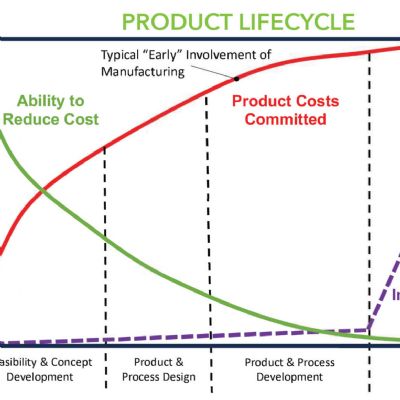 Irv Blackman
Irv BlackmanThe Wall Street Business Model is Broken
March 1, 2011Comments
The most common request for nontax help I receive: How should I invest ______? Okay, let’s fill in the blank: 1) my personal funds, 2) my IRA, 3) my company’s excess funds and 4) my company’s pension plan, profit-sharing plans or 401(k).
These constant cries for help have motivated me—not to become an investment expert, but to determine if there is a logical, profitable and safe alternative to the current Wall Street does business. Typically, an investor (Joe) purchases a stock, bond or mutual fund, and pays a commission. If Joe has an investment advisor (Sam), he also pays Sam a management fee. Okay with me, as long as Joe’s portfolio goes up in value, following Sam’s advice.
But what if the value of Joe’s portfolio goes down... down, like 30 or 40 percent, or more? Everyone knows the same commissions and fees continue, increasing his losses.
How has this insane business model survived? Jim Shepherd, the author of the Shepherd Investment Strategist, has the answer:
“The media now calls the last 10 years the ‘lost decade.’ …Viewers (of TV, radio listeners and print readers) were hit with an unceasing litany of omission and positive spin (that)…kept most investors in equities, even though equities lost almost 35 percent over the last 10 years!”
Even worse: My research reveals what should be a national scandal. Based on an article by Eleanor Laise, 401(k) plans shift all retirement planning to untrained individuals, who don’t have the time, inclination nor know-how to manage [the risks]. The plain fact is that investment losses incurred throughout the recession resulted from an invest-in-equities buy-and-hold mentality.
To be thorough, I researched traditional, conservative investments, starting with municipal bonds. A large number of reliable sources have recently opined that municipal bonds (and bonds in general) could be the next bubble about to break. Why? Historically low interest rates, and when the rates go up (as predicted, along with anticipated inflation) the value of bonds will plummet.
Any hope for other conservative investments? Here’s what Kiplinger wrote in November 2010:
“Short-term interest rates are headed even lower…to zero on certificates of deposit with terms under 12 months as well as money-market accounts. The average for CDs now is 0.85 percent, and is likely to slip an additional 5 basis points per month…Money-market accounts are typically paying even less, roughly 0.5 percent.”
Now we are ready for the good stuff… information that will help you recapture the profits of yesteryear. Let’s start by looking back at how easy it was during the ’80s and ’90s to hire an investment advisor and enjoy those delightful, profitable results as the equity markets soared higher.
What changed? Well, as we entered the 21st century, the market switched from a bull market to a secular bear market, defined as periods of great volatility of investment returns with little or no upward price movement, even though the trading range is large. Such secular bear markets last—based on market history—between 17 and 25 years, on average.







 Podcast
Podcast
 Webinar
Webinar